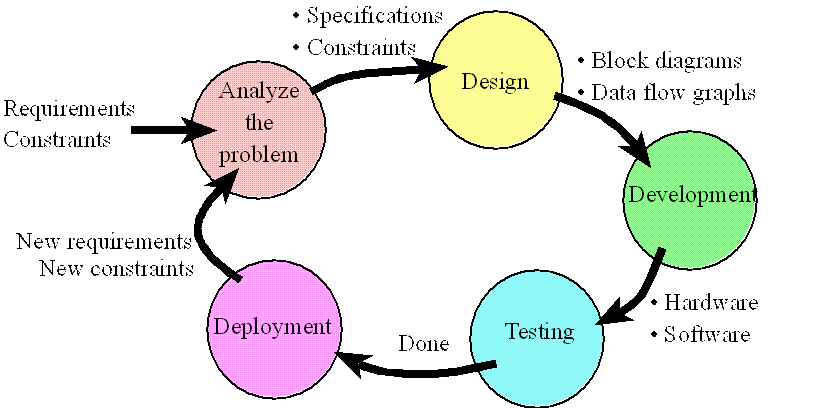Hardware development refers to the process of designing and testing physical components such as processors, circuit boards, memory devices etc. This typically takes place in a laboratory setting using tools like printers and digital microscopes that verify each part individually.
This process is undertaken with the goal of producing reliable and functional products. It's more streamlined than software development but still necessitates special expertise within this field.
What are hardware tools?
Hardware tools refer to physical components or machinery or equipment that aid in computer operation. They enable faster boot times and ensure optimal performance by keeping the computer running optimally.
Computer keyboards, monitors and hard drives are just some of the physical components used to construct them. Scanners, printers and even remote storage devices may also be included as ancillary items.
These tools serve a number of purposes, but their primary function is to make computing easier for those who work on computers. Furthermore, they include software programs that assist programmers in creating and maintaining their system.
In addition to these tools, there are also software programs that collect information about your computer system. This includes details about RAM and other hardware that might not have been accessible otherwise – making it invaluable when troubleshooting issues with the machine. Furthermore, such information could come in handy when selling or upgrading to a new PC.
What are computer development tools?
Computer development tools are applications used for creating software on a computer. These include text editors, compilers, linkers, debuggers and other useful utilities that are usually integrated into an IDE (integrated development environment).
Visual Studio Code, for instance, is an advanced open-source code editor compatible with many programming languages. It boasts features like code completion, syntax highlighting and auto-indentation.
Compilers convert program code into machine code, optimizing it for faster execution.
Compilers are indispensable when crafting complex programs with multiple files and large amounts of data. They're also helpful if you need to build an application that runs across various computers or devices.
Version control systems (VCSs) are software applications that securely store source code files to prevent unauthorized modifications. They're commonly employed to manage code within an organization or group of developers.
What are hardware tools vs. software tools?
Computer hardware refers to the physical components used in or with a computer system, such as RAM, ROM, processors, monitors and mice. Software on the other hand refers to computer programs or applications running on top of this hardware.
Generally, the best way to differentiate one tool from another is by taking into account their context and who uses them. A doctor might use a scanner for doing a CAT scan of a patient's head while computer geeks might prefer virtual reality software with headset view of same or spreadsheet for efficient calculations with various formulae and scalars. Both types of tools are essential in any professional endeavor – they help improve techniques while producing quality products. It's important to identify which tool best meets your individual needs.
What are hardware tools used for?
Hardware tools are indispensable tools for maintaining and repairing machines, electronics, and equipment. With these aids, users can efficiently perform various tasks.
Hardware tools such as hex keys, Allen wrenches, pliers and more can all be found to assist with various tasks. Hex keys are ideal for taking apart and installing screws or other hardware items while wrenches can be used to turn or twist metal.
The hex key is an example of a hardware tool that can be folded up and stored in drawers or pockets. Likewise, Allen wrenches also fold up for convenient transport in toolboxes or backpacks.
Other hardware tools include tone locators, which emit a signal that can be used to locate individual wires or cables. Tone locators come in handy when troubleshooting cable issues by identifying its end. Furthermore, protocol analyzers are another hardware option available that network administrators can utilize for diagnosing connectivity problems as well as monitoring malicious or desired network traffic.

